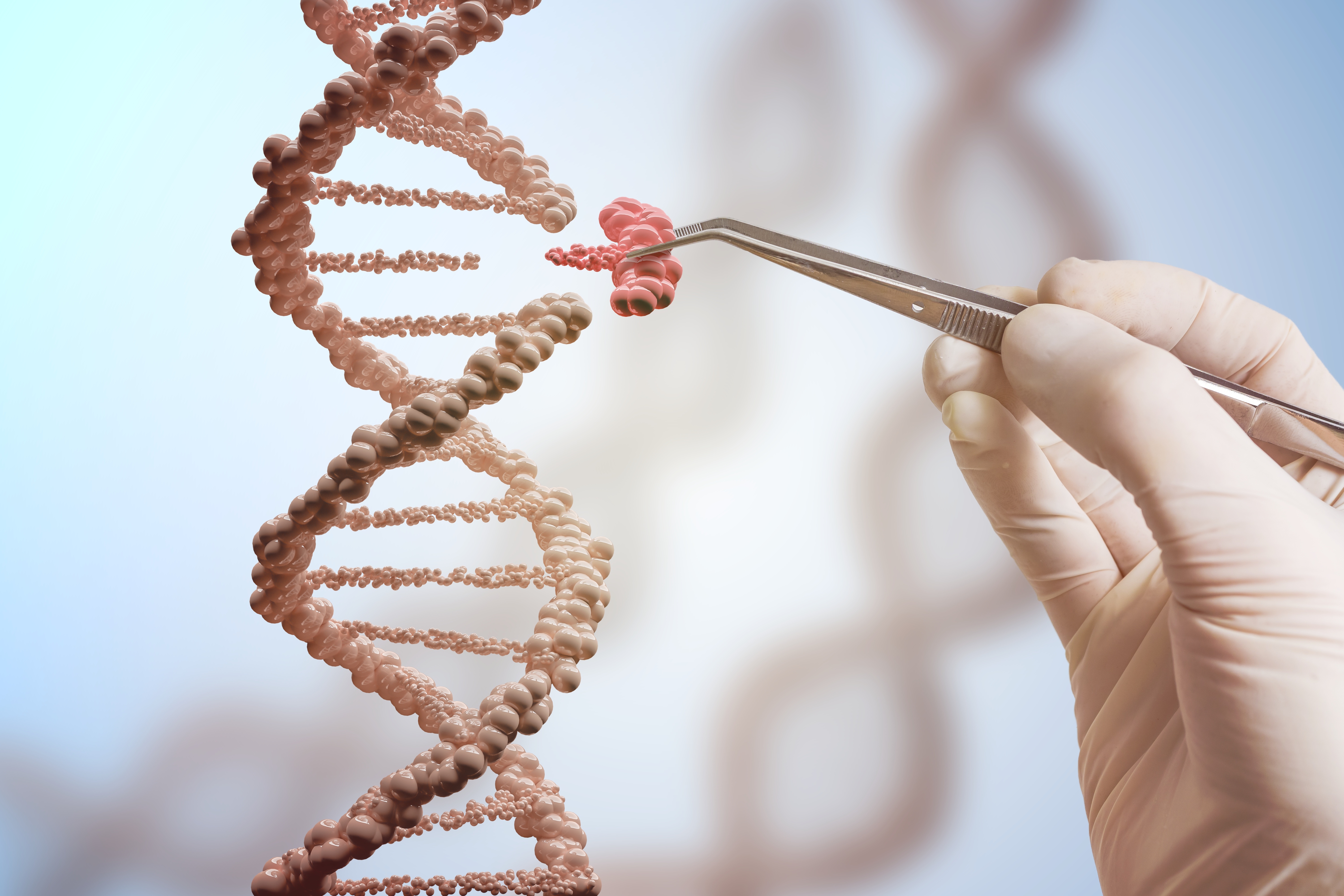US Military Is Trying To Biohack Blood To Make Better Soldiers
The Pentagon's top research division, the Defense Advanced Research Project Agency (DARPA), is looking to recreate science fiction in the real world. According to new reports, the agency is looking to modify red blood cells in novel ways. The hope is that by biohacking human cells, the agency can find a way to create enhanced military troops.
The DARPA program is known as the "Red Blood Cell Factory," and is currently looking for researchers interested in inserting what the agency refers to as "biologically active components" into red blood cells. By modifying these cells, DARPA hopes to unlock special enhancements in soldiers, according to Business Insider.
Biohacking human cells isn't exactly a new idea. In fact, it's been the crux of many pieces of science fiction media. However, DARPA's attempts to do it are notable, especially as the world slowly moves towards a more robotic approach to the military—China's rifle-toting robot dogs are hard to overlook.
Of course, the hacks that DARPA are trying to integrate aren't exactly the staples of science fiction media. We aren't talking about creating soldiers that can hulk out and grow stronger or bigger. Instead, Christopher Bettinger, a professor of biomedical engineering who is overseeing the program, told Business Insider that they hope to be able to integrate cells that help soldiers combat diseases like malaria, for example.

Bettinger described the goal as "like an automatic drug delivery system." The biohacked red blood cells could theoretically deliver medication to the soldier's body when it is activated after being exposed to infections or parasites. Additionally, they hope to possibly be able to modify the cells to allow medications to last longer without the soldiers having to ingest them daily.
So, instead of medicine protecting a soldier for, say, 24 hours, perhaps it could protect them for weeks or months, a huge difference when you're deployed into dangerous territory. Another potential use could come from modifying the cells to help stop hemorrhaging from traumatic wounds, the reports say. This could help a soldier who has been critically wounded get the care they need before losing too much blood.
Obviously, creating any type of super soldier is a slippery slope. How long do we truly have until agencies like DARPA start looking for more ways to hack the human body and create better military machines? While DARPA's current goal to biohack human cells isn't striving for that, it does play into some of the fears the scientific community has been nursing since the earliest days of genetic modification, especially since we've seen some scientists gene-editing babies.
